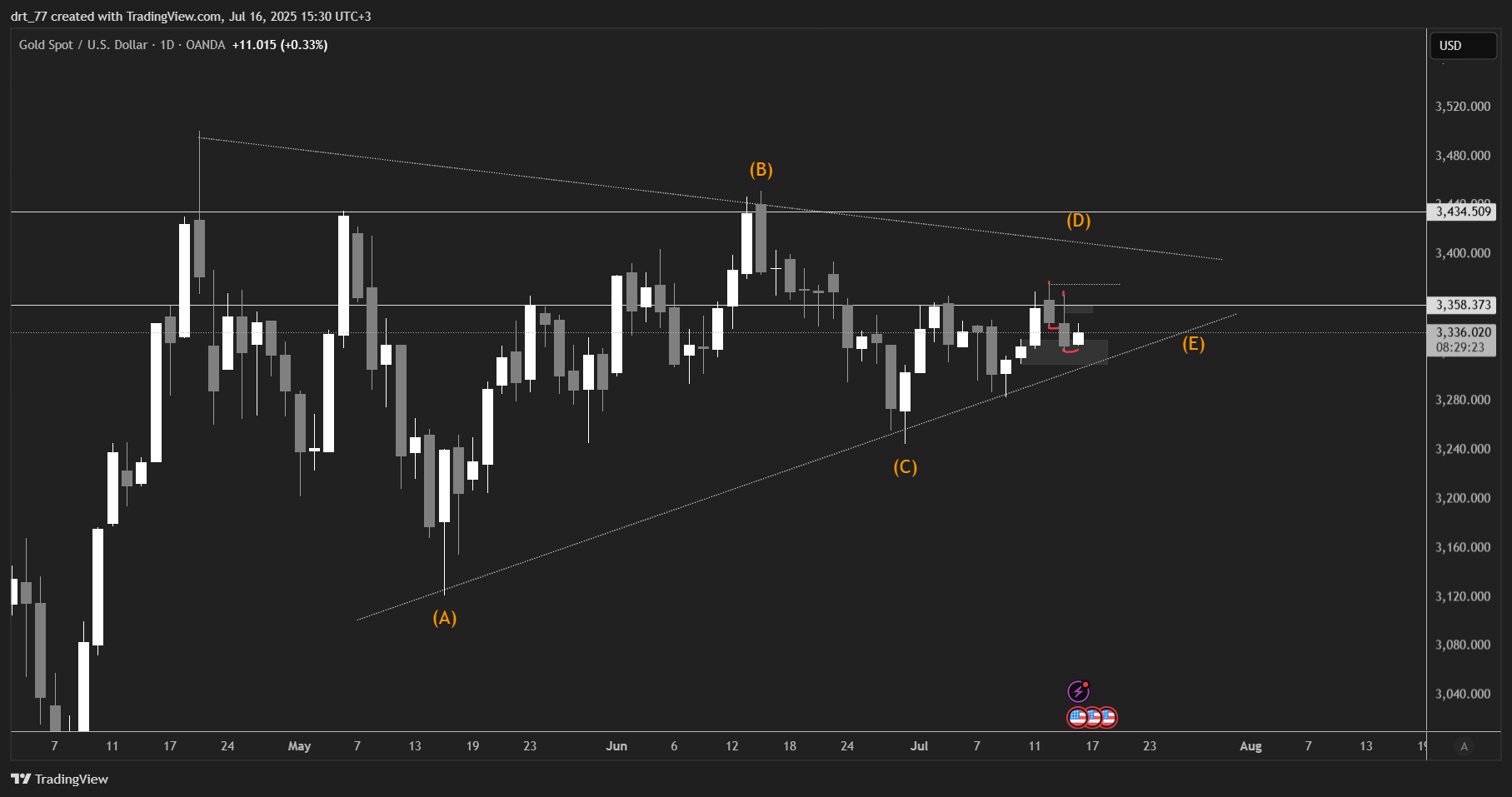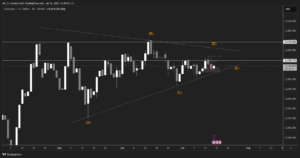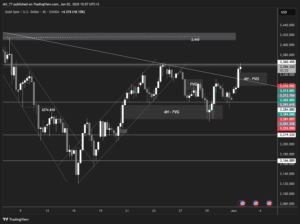China logged a record surge in COVID cases, raising fears that COVID curbs could ramp up quickly slowing the economy further. The DAX eases back from a 5-month high on the risk-off mood.
· Hang Seng drops 2%, falling for a fourth straight session
· German PPI falls by more than expected to 34.5% YoY; EUR/USD falls below 1.03
· Oil drops below $80 on demand as COVID worries return
Last week was another positive week for European stocks, with the DAX rising for a seventh straight week, hitting a 5-month high. However, last week’s optimism is not transferring across to this week.
European stocks are pointing to a weaker start on open, tracking Asian markets lower. A record jump in COVID cases in China is hurting risk sentiment. China logged a record spike in COVID cases, which, along with the introduction of stricter virus curbs in several economic hubs, such as Beijing and Shanghai, is denting demand for riskier assets.
These latest developments come after Chinese economic data last week highlighted the negative impact that the strict zero-COVID strategy was having on the economy, fueling economic slowdown fears. The Hang Seng fell 2%, declining for a fourth straight session.
The risk-off mood is lifting the safe haven USD, which is extending gains from last week. Hawkish Fed comments at the end of the week lifted the USD. While some Fed officials expect a smaller rate hike of 50 basis points in December, they also expect interest rate hikes for longer, potentially taking the peak Fed fund rate to over 5%.
In Europe, the DAX is set to open 0.3% lower, the CAC is set to lose 0.25%, and the FTSE is heading for losses of 0.2%.
German PPI
German PPI tumbled sharply to 34.5% YoY in October, down from 45.8% in September and well below the 41.5% level forecast. The fall is mainly due to a dip in electricity and natural gas prices. PPI is often considered a lead indicator for consumer prices and suggests that peak inflation could be passing. The data comes after CPI inflation rose to a record high of 10.6% YoY in October and after ECB President Christine Lagarde warned that the risks of a recession in the region were rising.
EUR/USD trades -0.6% at 1.0260 following the data and owing to notable US dollar strength.
Oil
After falling 10% last week, oil prices are once again on the back foot, slipping below $80 per barrel. Concerns over rising COVID cases in China, coupled with signs that crude supply in Europe has stabilized, are dragging on the price of oil. Worries over the demand outlook in China were heightened last week after several Chinese refiners asked Saudi Aramco to supply lower amounts of oil in December, which could indicate slowing shipment levels. Looking ahead, the European ban on Russian oil comes into play next month, which could tighten supply in the market, especially if stockpiles deplete at a faster pace than expected.
Disclaimer: This article is not investment advice or an investment recommendation and should not be considered as such. The information above is not an invitation to trade and it does not guarantee or predict future performance. The investor is solely responsible for the risk of their decisions. The analysis and commentary presented do not include any consideration of your personal investment objectives, financial circumstances, or needs.
Sources: Bloomberg, CNBC, Reuters
Original article provided by Trading Writers





